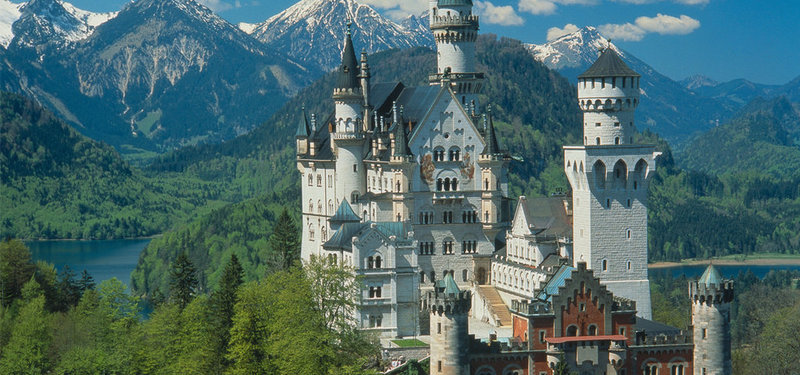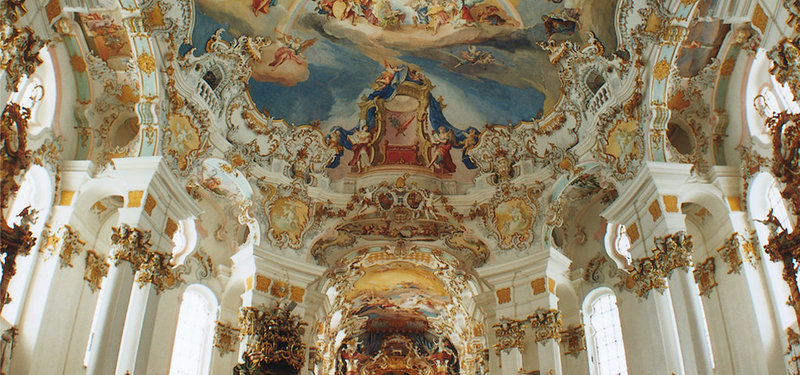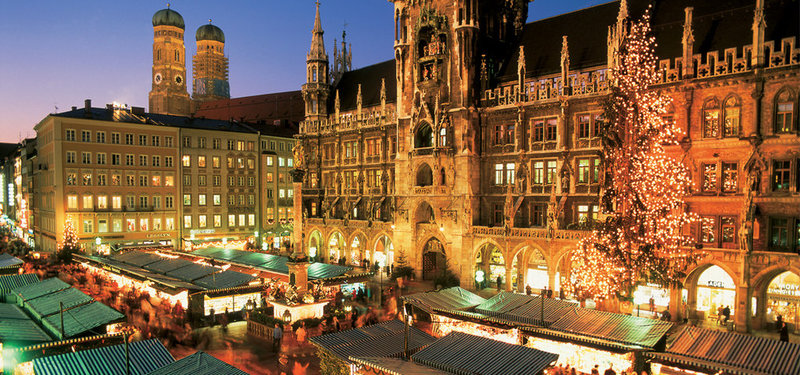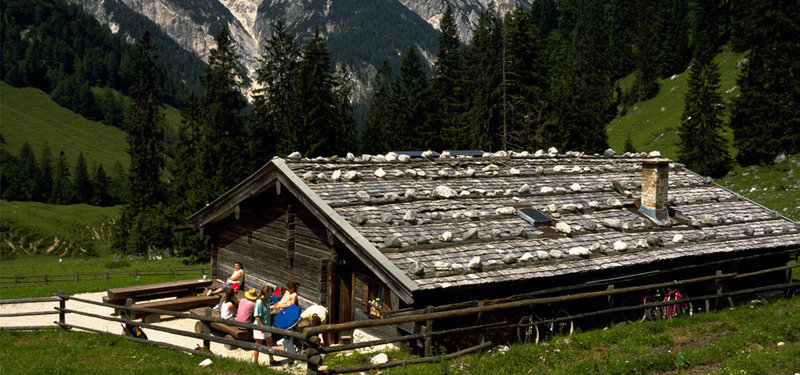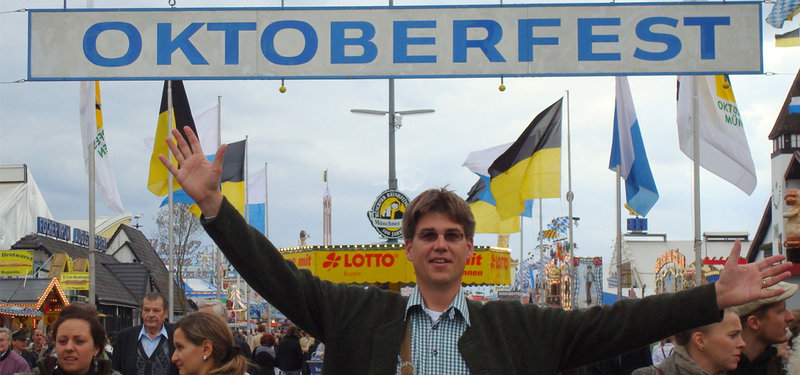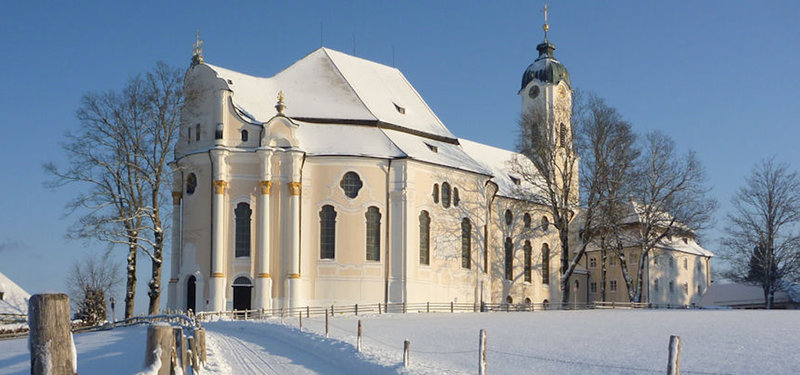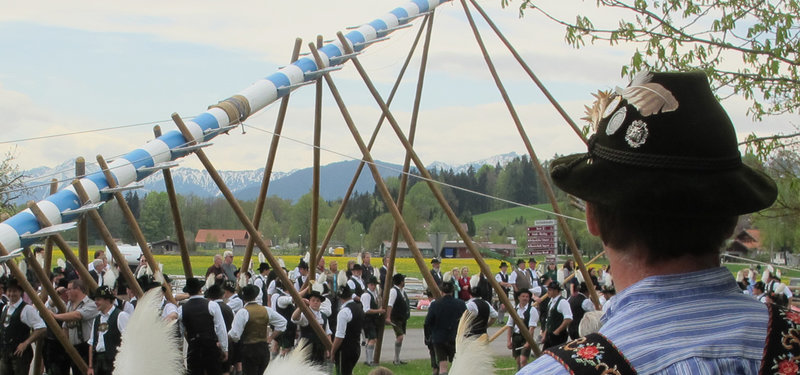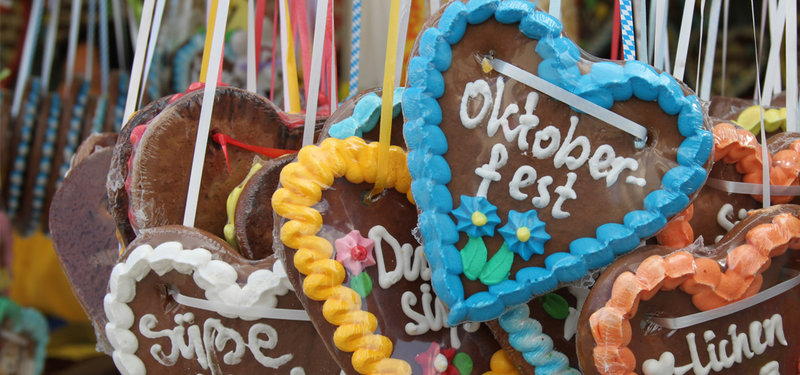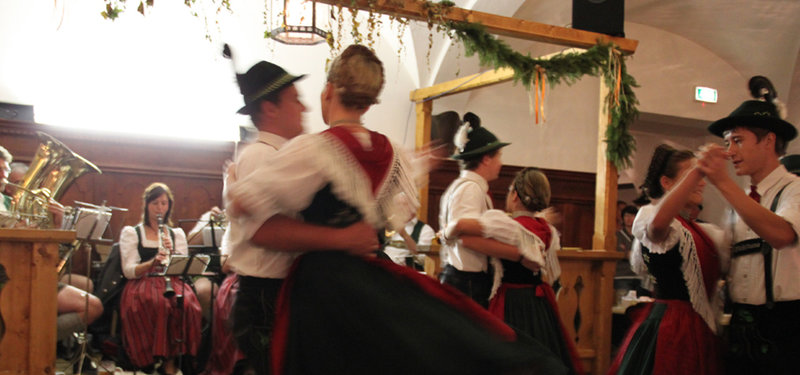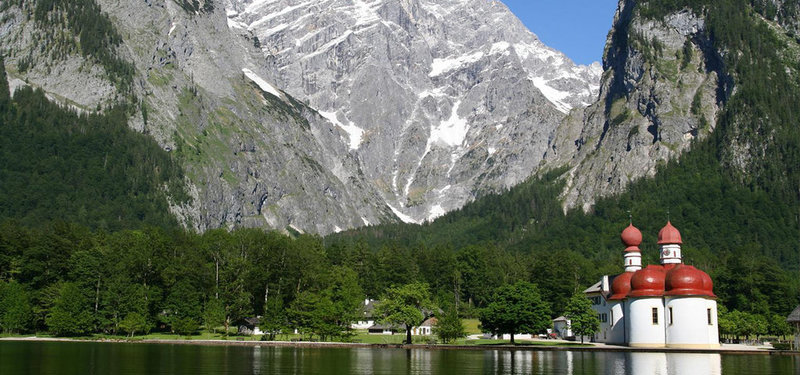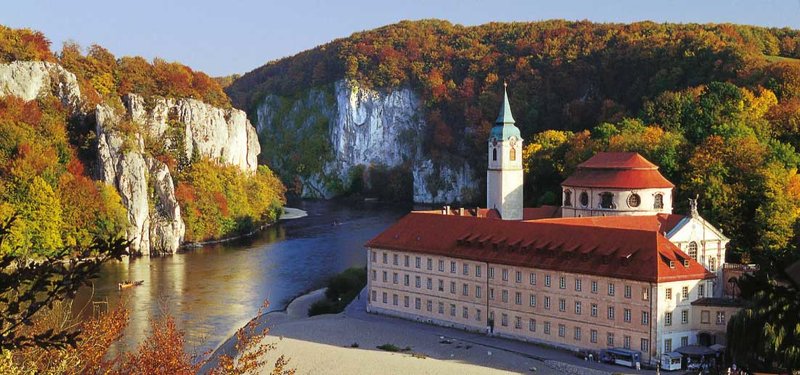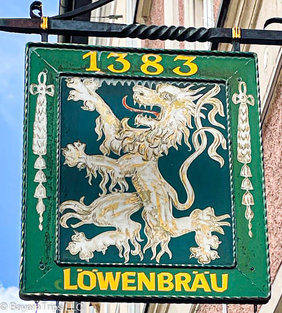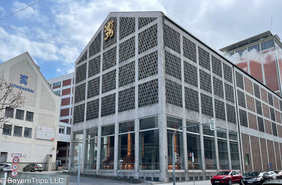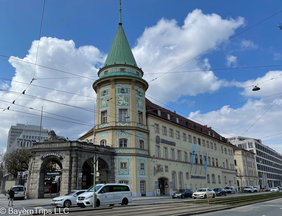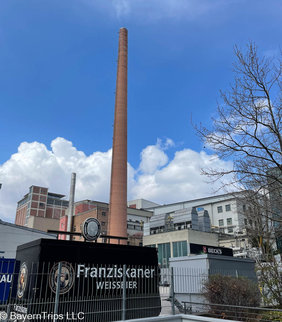Meaning “Lion’s brew” the name Löwenbräu harkens back to its location in a street called the Löwengrube, where a large fresco featured a lion perch upon a house. 1383 was originally publicized as the founding year, but 1524 is now claimed by the brewery. 1524 refers to when Jörg Schaitter, beer brewer, first appears in the Munich tax records – his address was Löwengrube 17. But the name, Löwenbräu, did not appear on any list of breweries until April 20, 1747. (Kilian, 2014)
After brewer Georg Brey, bought the brewery in 1818, momentum started to build. Under his ownership, Löwenbräu became Munich’s largest brewery. A major in expansion in 1827 was followed by complete relocation in 1851 of the brewing facilities to its current location in Nymphenburg Street. Under the direction of his son, Ludwig Brey, Löwenbräu attained a 25% market share in 1863-64. In 1872 Ludwig established the organization of modern stock corporation with shareholders. This injection of capital allowed for a modernization effort and, in 1883, the massive beer palace called the Löwenbräukeller opened its doors. (Löwenbräu AG, 2021)
In 1907 Löwenbräu AG acquired the storied Mathäserbräu. Brewing at Mathäser ceased in 1915, but this central location (between the train station and Marienplatz) became the site of three beer halls, a festival hall, and a biergarten with some 4,000 seats. It was also the site, during the short-lived Socialist Räterrepublic following WWI, that the “Russ” (Russian) was created – a mix of Weißbier and Citrus soda.
World War I (1914-18) was particularly hard on Löwenbräu. Rationing of raw materials lead the production of Dünnbier “thin beer,” and by the end of the war, sales had fallen to 50% of pre-War levels. In 1921 Joseph Schülein’s Unionsbräu merged with Löwenbräu and decided to keep the Löwenbräu name since it was significantly older than the 1885-founded Unionsbräu. Some of the Unionsbräu tradition lives on with the name of Löwenbräu’s double bock beer, Triumphator, which was created by Unionsbräu.
Bürgerbräu was folded into the now larger company also in 1921. In the early 1930’s, Joseph Schülein passed the management to his son Hermann. Being Jewish, the Nazis called for a boycott of the “Judenbier.” Dr. Hermann Schülein left Munich due to the anti-semitic policies being enacted by the National Socialist party. He became one of the top managers at the Liebman Brewery in New York. Working with Philip Liebmann, Schülein developed a dry lager beer with a European character to be marketed under the brand name "Rheingold." At the height of the brand’s success in the 1950's and 60's, the Liebmann Brewery had an output ten times that of Löwenbrau! (Kammler, Löwenbräu: The export-oriented brewery was once leading in Germany., kein Datum)
We also run into another branch of the Schülein family tree in the history of Kaltenberg castle. Nowadays, the Wittelsbach family owns the castle and the famous König Ludwig Dunkel and other Kaltenberg beer is made there. Dr. Fritz Schülein, spent much of his time at his farm at Kaltenberg Castle west of Munich, which he acquired in 1918. He was much loved by the people in the area, many of whom worked for him, and when he died in 1938, they took part in the funeral at the Jewish cemetery in Munich. Soon after, however, his son fled to his brother in New York, after being arrested and held for a brief period in the Dachau concentration camp. Fritz Schülein regained possession of Kaltenberg Castle in 1949 but sold it six years later to the Wittelsbach family, descendants of the former Bavarian kings. Since 1980 the massive, and high-quality, Kalterberg Rittertournier has been held on the grounds (Hofmann, 2001).
After World War II, the following decades were closely tied to Schülein’s majority shareholder successor, the Finck family. Attempting to boost sales, Löwenbräu focused on the export market. In 1974, Löwenbräu entered into a contract agreement with Miller Brewing Company. Miller used Löwenbräu’s famous name, but what it sold was quite different from the all-malt, Reinheitsgebot-guided original. This fiasco hurt the brand and damaged its reputation in the United States. It finally terminated its arrangement with Miller and now insists that all its beer brewed abroad under contract be made under its supervision and according to the German Beer Purity Law. (Holl)
In 1997, Löwenbräu AG merged with its neighbor, Spaten-Franziskaner-Bräu KGaA. Once fierce competitors, the new company was known as Brau Holding International GmbH & Co. KGaA, which in turn was an entity of the Schörghuber Corporate Group.
On October 1, 2004, ownership of the group was transferred to InBev, now known as Anheuser-Busch InBev, the world’s largest brewer. Beer marketed under the Löwenbräu brand, either as imports or as contract brews, can now be found in more than 50 countries.
The story of Löwenbräu is surely not yet finished, but more change is in store. We expect to see Löwenbräu abandon its historical location and produce everything next door in the Spaten facility. (Hoben, 2017) Once Germany’s largest brewery, Löwenbräu is little more than a small regional brand of an international corporation, which is led from an office in Bremen. (Kammler, Löwenbräu: The export-oriented brewery was once leading in Germany., 2020) With the stress that COVID-19 has placed on beer industry, Spaten/Löwenbräu’s reputation has further diminished with the gastronomes of Munich. (Frömmer, 2021)
Works Cited
Frömmer, R. (3. Feb 2021). Münchner Wirte und die Brauereien: Da braut sich Frust zusammen. Von Abendzeitung: www.abendzeitung-muenchen.de/muenchen/muenchner-wirte-und-die-brauereien-da-braut-sich-frust-zusammen-art-703316 abgerufen
Hoben, A. (10. Aug 2017). Löwenbräu soll historischen Stammsitz verlassen - und zu Spaten ziehen. Von Süddeutsche Zeitung: www.sueddeutsche.de/muenchen/umzug-loewenbraeu-soll-historischen-stammsitz-verlassen-und-zu-spaten-ziehen-1.3623796 abgerufen
Hofmann, R. (21. June 2001). The Originators of Rheingold Beer. Von BeerHistory.com: www.beerhistory.com/library/holdings/hofmann-rheingold.shtml abgerufen
Holl, J. (2012). Löwenbräu. In G. Oliver, The Oxford Companion to Beer (S. 554-555). New York: Oxford University Press.
Kammler, S. (8. April 2020). Löwenbräu: The export-oriented brewery was once leading in Germany. Von wiesnkini.de: oktoberfest-guide.com/magazine/history-munich-lowenbrau-brewery/ abgerufen
Kammler, S. (kein Datum). Löwenbräu: The export-oriented brewery was once leading in Germany. Von wiesnkini.de: oktoberfest-guide.com/magazine/history-munich-lowenbrau-brewery/ abgerufen
Kilian, G. (2014). 2ß. April Die Löwenbräu Brauerei. In G. Kilian, 365 Tage München (S. 110). München: HirschKäfer Verlag.
Löwenbräu AG. (2021). DIE LÖWENBRÄU - GESCHICHTE. Von www.loewenbraeu.de: loewenbraeu.de/loewenhoehle/historie/index.php abgerufen
